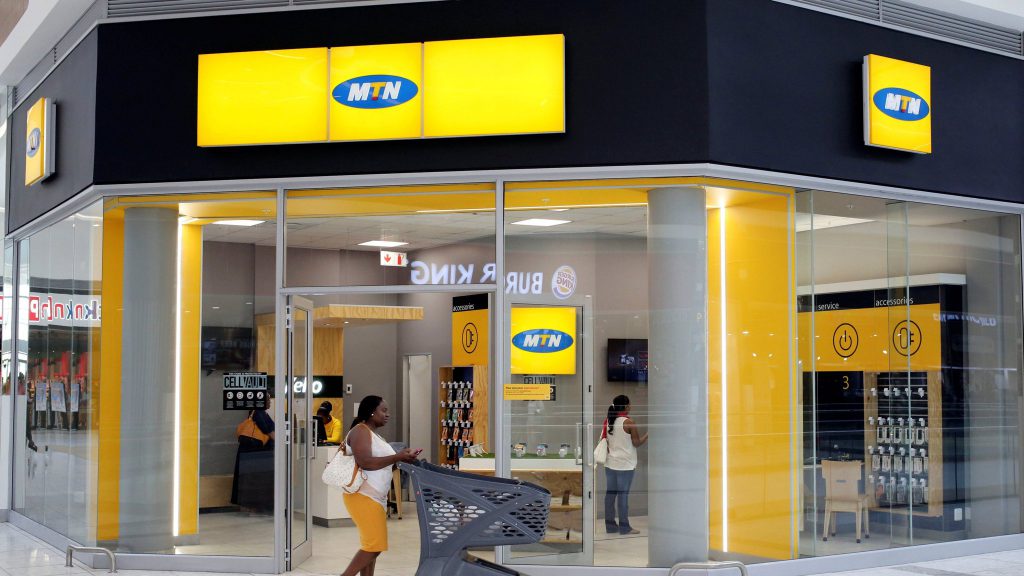[Digital Business Africa] – In Nigeria, the local subsidiary of the South African telecommunications group MTN is again in conflict with the authorities. This, in connection with the case of the non-deactivation of unregistered SIM cards, had resulted in the operator being fined $ 1.1 billion. In a communication dated 2 August 2019, MTN Nigeria states that it has applied for judicial review after the Nigerian tax authority has disapproved of the company’s accounting treatment of the fine as an operating cost. “We think the fine should be treated as a part of the company’s operating costs, but the Nigerian tax authority, the Federal Inland Revenue Service (FIRS), thinks the opposite. We paid everything to the FIRS, and then we went to court, “MTN spokesman said in a statement.
In concrete terms, MTN is asking the Nigerian tax authorities to decide whether to pay the government a corporate tax for a $1.1 billion fine. Or if instead, it is allowed to treat this fine as an operating cost. If the Nigerian judiciary were to agree with MTN, this would set a precedent for the way sanctions are treated by companies registered in Nigeria.
This new case adds to the long list of conflicts between MTN Nigeria and the Nigerian authorities. Already in October 2015, the operator was fined $5.2 billion for failing to deactivate unidentified telephone lines in a timely manner. Finally, the fine was reduced to $1.1 billion after multiple negotiations, including at the top of the state.
Then, in August 2018, MTN Nigeria was summoned by the Central Bank of Nigeria to repatriate $8.13 billion to Nigeria. Funds considered to have been illegally taken out of the country, with the complicity of local banks. To get out of this other case, MTN had to pay a fine of $51.7 million. Even today, MTN is still accused by the Nigerian authorities of non-payment of taxes on the import of equipment and on its payments to foreign suppliers. In this case, the Nigerian authorities are claiming $2 billion.
Written by Jephté TCHEMEDIE

